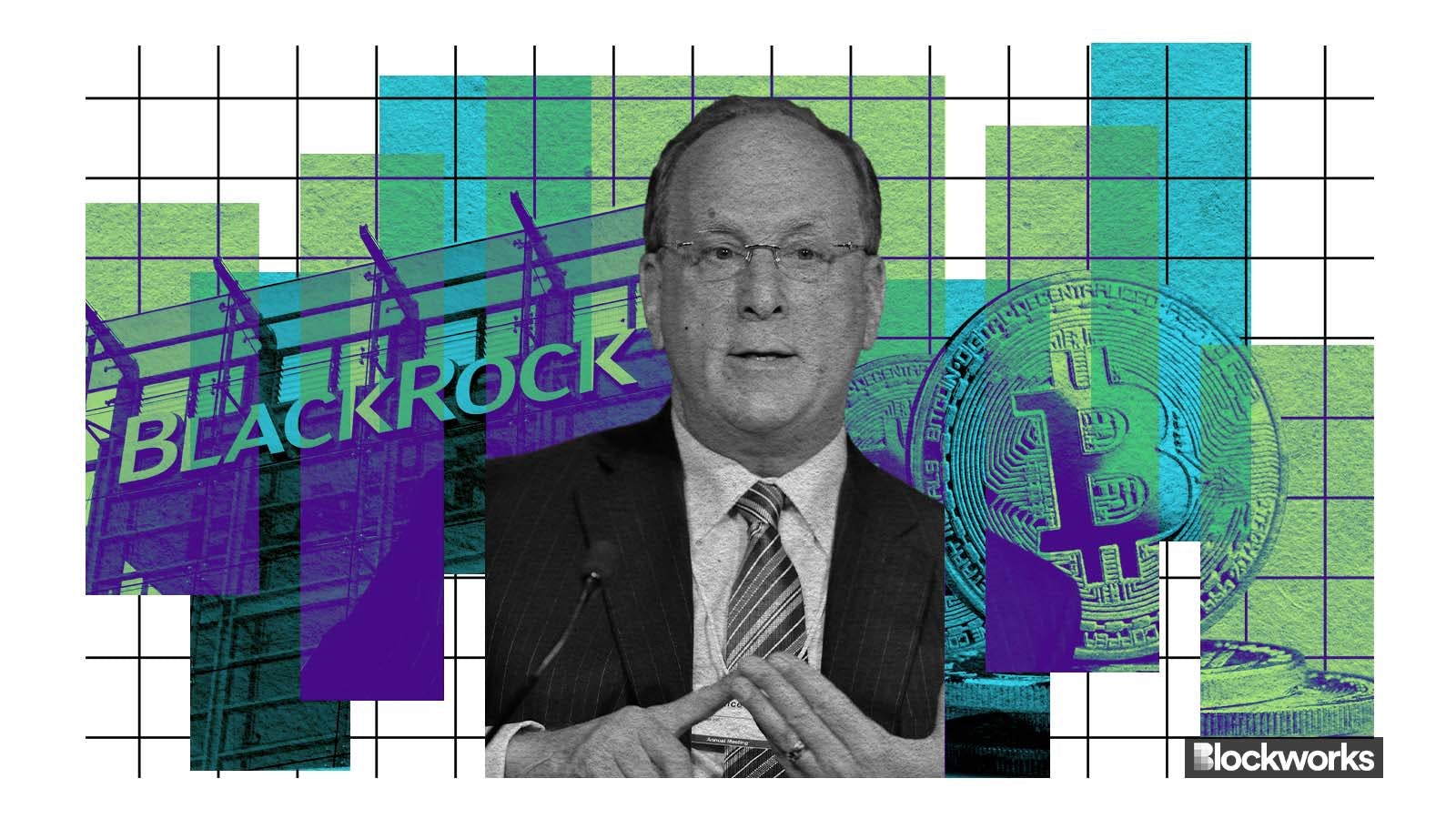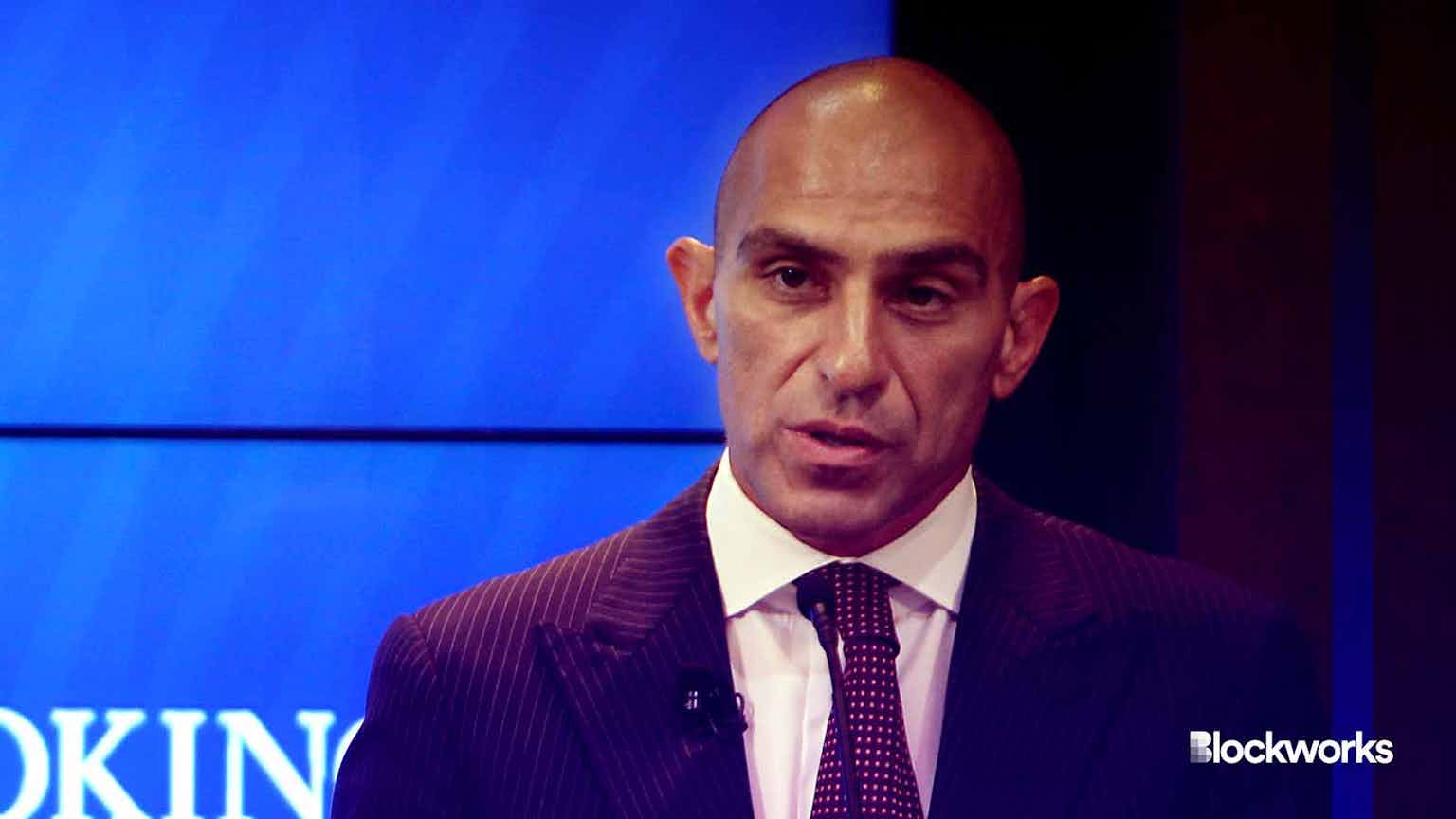BlackRock names Jane Street, JPMorgan as authorized participants for its proposed bitcoin ETF
The disclosure comes amid rampant speculation about potential approvals for spot bitcoin ETF products in the US

Artwork by Crystal Le
BlackRock disclosed significant new information Friday as part of its proposed spot bitcoin ETF: the identities of its intended authorized participants.
The asset management giant plans to tap JPMorgan Securities and Jane Street as authorized participants, a Friday filing notes, should the Securities and Exchange Commission grant approval for their proposed fund.
Authorized participants, or APs, are entities allowed to create and redeem shares of an ETF. These organizations can either exchange ETF shares for a corresponding basket of securities that reflects the ETF’s holdings, or exchange them for cash.
ETF watchers such as Bloomberg Intelligence analysts James Seyffart and Eric Balchunas have been closely eyeing new S-1s to see who taps which firms as APs. The disclosure is seen as one of the final steps before the SEC can make its decision.
Balchunas said in a research note this week that the SEC was ready to approve spot bitcoin ETF proposals that commit to cash-only creations and redemptions and have signed agreements with authorized participants.
Read more: As bitcoin ETF saga hits possible homestretch, here’s what to watch for
Both Balchunas and Seyffart believe that there’s a 90% chance the SEC allows some firms to launch a spot bitcoin ETF in early January. The regulatory agency has a Jan. 10 deadline to make a decision on a proposal by Ark Invest and 21Shares, and could rule on similar plans by others by that date.
Ark and 21Shares, as well as VanEck, refiled their S-1s on Thursday and Friday, respectively. However neither firm has named any APs. Firms don’t have to name APs until they file the effective prospectus.
“Essentially meaning they can go live. [It’s] in there that an AP/underwriter would theoretically have to be named (along with fees and other details),” Seyffart said in a post on X.
Grayscale Investments was set to work with authorized participants Jane Street and Virtu Financial if its Grayscale Bitcoin Trust (GBTC) was allowed to convert to an ETF — a June 2022 report by Bloomberg that a Grayscale spokesperson confirmed at the time.
The firm did not name these companies as authorized participants in its latest S-3 filing, and a Grayscale representative did not comment further.
Start your day with top crypto insights from David Canellis and Katherine Ross. Subscribe to the Empire newsletter.




